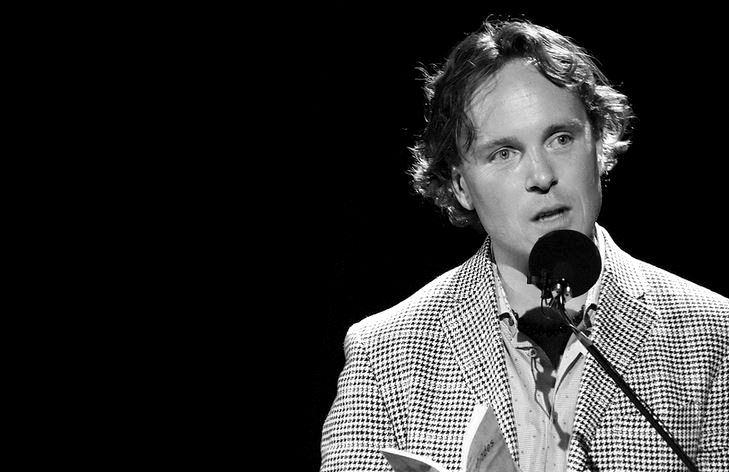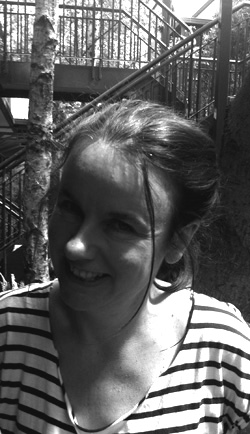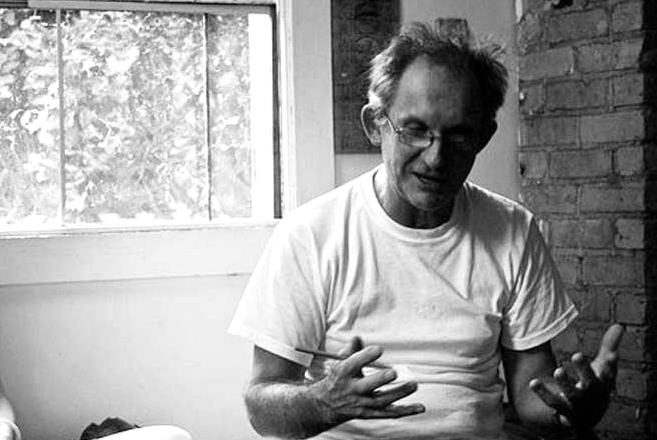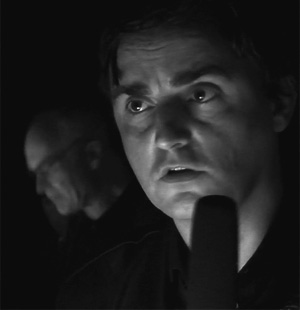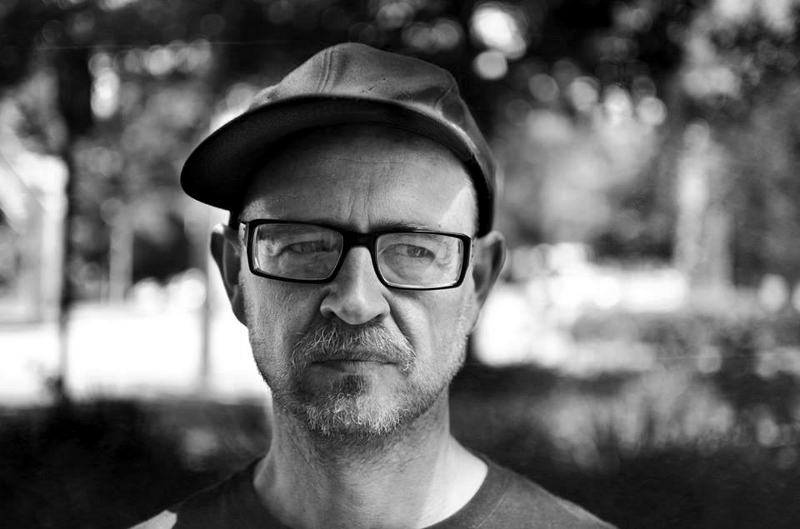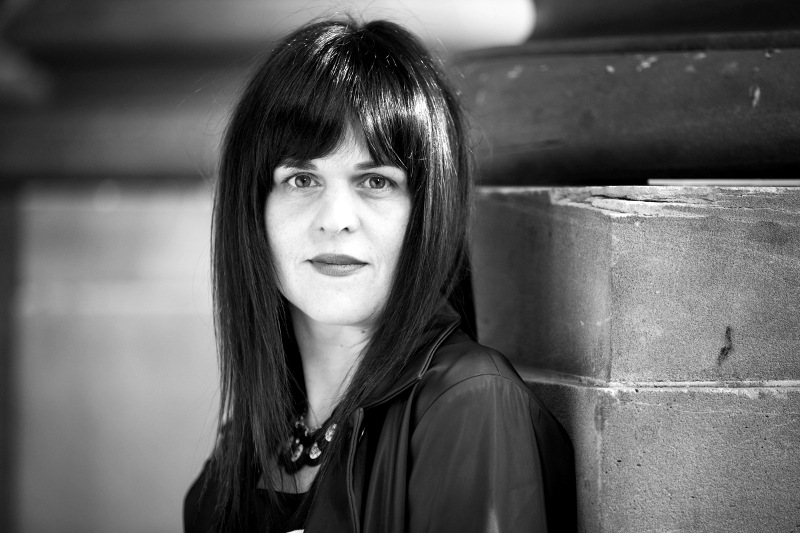ESSAYS
CANADA / AUSTRALIA Editorial
Why do this? Cultural relations via literature, that’s why. What similarities can be drawn or stylistic approaches extrapolated from reading the poetics of such vastly – 15,300 kilometres – separated places?
Best Isn’t a Beauty Contest: How Canadian Poets Demand More of Verse
No one in the class could say exactly. Writing that rhymes? A descriptive passage that seems to talk about one thing while actually meaning something completely different? A very very very short story that uses a lot of similes? The late Don Summerhayes, my first poetry workshop instructor at York University, had asked us to explain what poetry is.
Investigative Poetry: Are Poets the New Reporters?
It’s not unusual to come across, within a poem, a metaphor for the writing of poetry. For a reader, such a discovery is satisfying and delightful, and ever-so-slightly unnerving, a blurred window on the inner workings of a made thing. You see it, and then you don’t. And then, by focusing just so, you see it again. Poets do create such – metaphors deliberately, but not necessarily every time they occur. A metaphor may have an intended meaning beneath which some clue to Ars Poetica lurks.
Reclaimed Land: Australian Urbanisation and Poetry
In the late 1850s, Charles Harpur composed the image of ‘a scanty vine,/ Trailing along some backyard wall’ (‘A Coast View’). It might be forgettable, save for its conspicuousness in Harpur’s bush-obsessed poetry. Whether purple ranges or groaning sea-cliffs, his poems cleave to a more-than-human continent. The scanty vine, however, clings to a different surface: human-made – the craft of a drystone wall, perhaps, or wire strung through posts like the twist of the poetic line – it signals domestic land division. Harpur’s vine of words trails along the vertical edifice of settlement.
Australian Ecopoetics Past, Present, Future: What Do the Plants Say?
Like the country’s arid interior, contemporary Australian ecopoetics is vast and robust. The expressions of Australian ecopoetry are as varied as the antipodean landscape itself, underscoring the intricate connections between language and ecology in this part of the world. The Mediterranean climate of Western Australia’s southwest corner, the Red Centre of Uluru, the tropical rainforests of Queensland, the temperate Tasmanian old-growth forests and the alpine reaches of the Victorian High Country signify this: rather than a contiguous desert or a terra nullius (as some readers both inside and outside of Australia may still believe), the Australian environment is a mosaic of biota, climates, topographies and regions.
CONSTRAINT editorial
It appears that when given the license to constrain the otherwise presumably instinctual, inadvertent, unconscious, innate, putatively authentic centres of creative practice, poets still appear to liken constraint to permission to release responsibility from the personal and expediting the imaginary to the machines of the sonnet, the page, the code, the number, the constellation, the collage, the palindrome, and the aphorism. Is this a sign of a persistent binary at the heart of creative practice, or of a persistent desire to debunk the binary?
Against Colony Collapse Disorder; or, Settler Mess in the Cells of Contemporary Australian Poetry
Colony collapse disorder describes a phenomenon whereby worker bees suddenly and inexplicably disappear from a hive. It has recently been identified as a syndrome following the rapid vanishing of Western honeybee colonies across North America and Europe. Justin Clemens also uses the term to describe an aesthetic collapse, whereby poets can only demonstrate their existence as ‘being caught dead’ given the fragile conditions of poetry and the inevitable, deadly effects of the past.
What We (non)Believe: Reading Poems by Charles Wright, John Burnside, and Kevin Hart
Imagine that three poems are delivered to your door. They come without note, explanation or sending address.
Comics Poetry: The Art of the Possible
‘MUSIC OF SHAPE’ | from, HOW TO BE EVERYWHERE, 2007 | Warren Craghead III | pencil on archival paper In 1979, Cecilia Vicuña (Chilean poet, activist and artist) tied a red string around a glass of milk and spilled it …
Sustaining Oral Tradition: A Preface to Bulu Line: A West Kimberley Song Cycle
Stuart Cooke’s translation of George Dyuŋgayan’s Bulu Line: A West Kimberley Song Cycle: I cannot over-emphasise the importance of this kind of work. Australians are only too familiar with the significance and value of Indigenous arts as part of the national heritage and of the contemporary repertoire. We are familiar, but they still take us by surprise.
The War Hero and His Poem
Photo by Kent MacCarter On the weekend after Tony Abbott, the Australian Prime Minister, announced that the Australian Defence Force would be assisting the US forces in attacking ISIS, the war hero Ben Roberts-Smith was featured in the magazine section …
How Poems Work: Elizabeth Bachinsky’s ‘God of Unfulfilled Longings’
Lately I’ve been listening to a lot of pop music. And I’ve been hearing really abstract arrangements, huge production, and big, inescapable metaphors.
James Merrill House and Its Disembodied Transmissons
Like some piece of technicolour cover-art from a 1950s mystery novel, James Merrill’s Stonington apartment loomed in the background as I stepped out of the gutter-snow and onto the street. I was wearing a bright red coat; the apartment matched the slate-blue winter sky. From the outside, the poet’s house felt as gorgeous and twee as everything else in this tiny – dare I say quaint – fishing village.
Velimir Khlebnikov and ‘Displacement’ as Poetics
For Khlebnikov, the theoretical foundation does not exactly sum up his aesthetics and ideas, but is more of a code to slovotvorchestvo (Futurist ‘word creation’), where ‘languages will remain for art and will be freed from a humiliating burden, [that] we are tired from hearing.’
Speaking Geographies: Collaboration Over Distance
When in transit and upon receipt, to whom does a postcard and its contents belong? This is one of the questions at the forefront of Speaking Geographies, a collaborative poetry collection by Siobhan Hodge and Rosalind McFarlane. This collection, composed …
Terrance Houle and Adrian Stimson: Performative Gestures from the Canadian Prairies
Italo Calvino argued that writing was a combinatorial exercise and that, for him, reading represented ‘a way of exercising the potentialities contained in the system of signs’. I would like to keep this declarative at the forefront of our investigation into the work of Terrance Houle, neither with a confirmative bias not leaning towards negating the statement of Calvino, but thinking through his statement in our analysis of a few of Houle’s images.
E is for Errand (East Coast of Africa)
Introduction ‘E is for Errand’ is an extract from the draft of a libretto named The Bones of the Epic. As it stands, it is a work from regress – not in progress. Regress because the current text is a …
Truth Beauty
‘…truth beauty…’ – this is the second half. The first is: ‘Beauty is truth.’ So again, or still – Keats’s ‘Ode on a Grecian Urn’ – and the rest: ‘that is all / Ye know on earth, and all ye …
MELBOURNE Editorial
Perhaps a good day doesn’t involve getting on a bus, but they are more interesting than trams or trains. It probably involves writing a poem, there’s plenty of it going on.
Radio Laneways and the Melbourne Sound
It’s a beautiful thing to know what came before. Who walked the laneways ahead of you, smoothed any paths that might have otherwise been jarring, who stood up so you could sit down.
Crawling Across Tram Tracks: Extracts from Volumes 5 & 6 of Fay Zwicky’s Journal
Fay Zwicky tells the story that in the early weeks of 2005, in the aftermath of the Indian Ocean tsunami, she was invited as one of WA’s ‘Living Treasures’ to write a public poem about the disaster, and to read it at the opening of the Perth International Arts Festival. She declined. It was too soon, she thought. This was ‘not a time for poems’ – was it? But already the politicians had weighed in with their ‘fine abstractions’ and preachers were parading their concern. Perhaps it was important, after all, to come out and speak with the words of the tribe about ‘true guilt’ that is ‘tongueless’.
The Writing: Benjamin Laird
Melbourne-based Benjamin Laird writes computer programs and electronic poetry, which he discusses here in the first of a new, occasional blog series looking at the writing practice of contemporary Australian poets.
NO THEME III Editorial
This issue began with the idea of an open house and a couplet from Roethke’s poem of the same name:
My heart keeps open house, My doors are widely swung.
It continued with a few openings and closings of the Submittable gate over summer, and wasn’t long before this imagined poetic house had its doors and windows propped wide; its lawns and verandas filled with voices.

